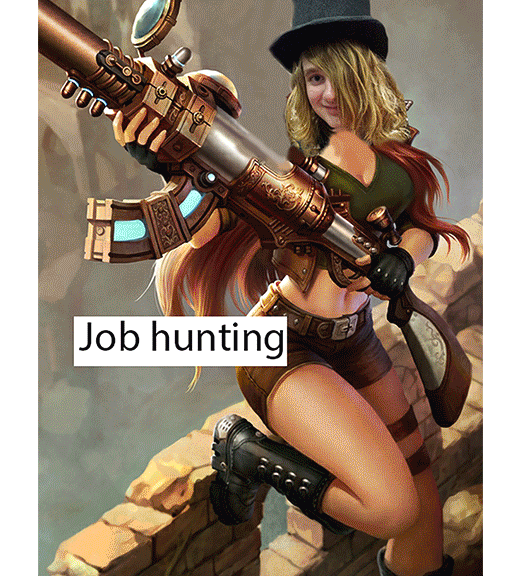Adapting Books to TV
- Henry Atkins
- Oct 28, 2017
- 3 min read
Now things get interesting. Later it will get more interesting in this series though.
Film and Books are formulaic than anything.
Just to get it out of the way, yes, the inclusion of visuals and audio telling the story does overwrite and take away the original readers freedom of their own image of this world and story.
However Film steals something else from Books.
Pacing.
There's another Review either upcoming or already released of the trailer to the ending of the Maze Runner Trilogy based on the books.

The original review is much shorter in the beginning and I went on a ramble on what could be looked into. In this scenario we were talking about a movie trailer rather than a TV series that we're talking about.
Here's the original ramble I had:

The short version is that a film adaptation of a book must be aware of how much story there is to tell, how to appropriately pan out the different scenes and filling in the blanks if the 'Dialogue:Action' ratio is off balance.
I'll talk more about this in the 'Book to Movie' Chapter or 'Chapter 6' for short.
TV is very different from Movies because of how it's structured. Movies are 40+ minutes long according to both the U.S and UK film institutions which technically means that every episode of Sherlock (Starring Benedict Cumberbatch and friends) is a movie in of itself.
TV, however, is structured as episodes. An episode starts and ends ranging from 10 minutes to... 40 minutes on average (Unless you're Hellsing Ultimate with over an hour long episodes).
I'll ignore the shows with 40+ episodes because they cheat in so many ways... although it's a little impossible when the aforementioned 'Sherlock' is based on the Sherlock Holmes stories.
Mmmm...
Alright. I'll talk about it anyway even though it pushes the episode limit a bit too hard.

TV requires that if you couldn't fit the entire story into 1 episode, you have to leave it on a cliff hanger and then return in the next episode. For Sherlock this is easy because every episode is based on another story written about the character. It wasn't a continuous story. It was a series of stories made for a magazine.
Despite this, there is continuity and an ongoing story arc in Sherlock Holmes including Moriarty as anybody whose either read the books or watched the TV show would know. However not many times did this story arc take centre stage... well, it did but not the way I mean it.
What I mean is there isn't an episode dedicated to following the story. It's more like each episode there's a mystery to solve and another obstacle that the main antagonist has thrown at them. Not unless it's a season finale in which case the episode entirely revolves around the main antagonist. I'm talking about Sherlock of course. Plenty of other shows have episodes even dedicated to only the antagonist telling their story, what they're doing right now or maybe some other form of character developing.

Thomas the Tank Engine is another example but does the same thing Sherlock does. Have an episode per book.
Sherlock stands out more though because of its modern take on these stories, excluding that one Christmas special though when everything was Victorian to reflect the original time era the books were set in.
For the first time in this series I'll be covering different takes on original stories!
Alot of changes had to be made of course to bring Victorian London to 21st century London.
Changes like setting and even characters had changed. Sherlock's pipe is pretty much replaced with a bong (although that was already assumed), the Deer stalker hat wasn't a go-to feature of Sherlock's design to begin with and Watson became more... well, competent than his counterparts in other adaptions like in Tom & Jerry's version where he sort of just followed and did what he was asked.

Drama and action was definitely booted up the rear in this take though since the mind palace idea for Sherlock made his intellect slightly less but more interesting at the same time. In fact I don't think Watson originally had his Ol' shakey hand from trauma during the war either. They really were trying to push as much psychology as they could into it.
I'll stop there since I've already written a bunch.





















![An expansive library of Pokemon Movies [22]](https://static.wixstatic.com/media/413371_172152a67f4840eb96a87971437ed24a~mv2.png/v1/fill/w_452,h_250,fp_0.50_0.50,q_35,blur_30,enc_avif,quality_auto/413371_172152a67f4840eb96a87971437ed24a~mv2.webp)
![An expansive library of Pokemon Movies [22]](https://static.wixstatic.com/media/413371_172152a67f4840eb96a87971437ed24a~mv2.png/v1/fill/w_38,h_21,fp_0.50_0.50,q_95,enc_avif,quality_auto/413371_172152a67f4840eb96a87971437ed24a~mv2.webp)



Comments